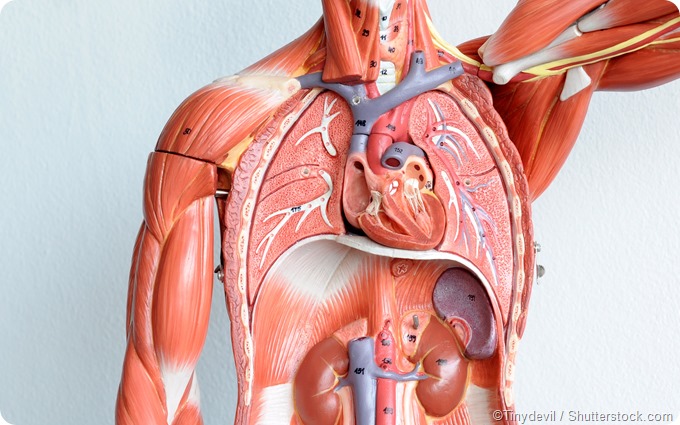Cardiothoracic surgery is the subspecialty in surgery that focuses on the heart and the chest or thorax. In some jurisdictions the foci are separated into heart and thoracic surgery. The specialist responsible for conducting these procedures is referred to as a cardiothoracic surgeon.
However, for the reason previously mentioned, such a specialist may be a cardiac, thoracic or cardiovascular surgeon. Training is highly competitive and quite extensive. In many countries it takes nearly a decade of medical studies before one begins the training to become this type of surgeon, which requires, on average, an additional six years of study.

The primary indications for cardiothoracic surgery are debilitating conditions affecting the heart and lungs, as well as the greater chest area. Cardiovascular and lung diseases are globally associated with significant morbidity and mortality.
In fact, lung cancer is one of the leading causes of cancer mortality worldwide, whereas cardiovascular diseases account for one of the most common causes of preventable death. Diseases falling within the cardiothoracic spectrum are not just limited to those which arise from cancer, metabolic and environmental causes, but may also be due to factors such as blood vessel stenosis, genetic and/ or congenital defects, and malformations.
Surgical operations
A cardiothoracic surgeon may perform many different operations. Some of these include angioplasty, coronary bypass surgery, artificial heart valve replacement, minimally invasive robot-assisted surgeries and transplantation of the heart and/or lungs. Angioplasty is required when there is narrowing of an artery, which is referred to as arterial stenosis.
Balloon-tipped catheters are inserted into an artery, and then advanced to the location of the blockage. The balloon is inflated at this position and a stent may be inserted to keep the vessel opened. Coronary bypass surgery, on the other hand, is done to re-route the flow of blood through the vessel when angioplasty and other interventions are unlikely to help. For this procedure, segments of a healthy vessel obtained from another part of the body is used as the graft.
Minimally invasive surgeries are also known as limited-access coronary artery surgery. These include minimally invasive coronary artery bypass graft surgery (MIDCAB) and port-access coronary artery bypass surgery (PACAB).
They serve as alternatives to standard coronary bypass surgeries, where small incisions are made to create ports through which a camera and the instruments used for the bypass are passed. the internal anatomy is viewed on an external monitor, and the surgery is performed in this way. In the port-access surgery, the heart is stopped and circulation is maintained using a heart and lung machine. The necessity for this machine is circumvented by the MIDCAB procedure, which is done with a beating heart.
What Is a Cardiothoracic Surgeon?
Cardiothoracic transplant surgeries
Cardiothoracic heart transplantation is reserved for patients with end-stage heart and lung disease, which may be caused by viral infections, coronary artery disease and genetic disorders. In some rare instances, the heart may be transplanted with the lungs.
During the surgery the patient’s chest is opened up and the circulatory system is connected to a heart and lung bypass machine, which allows blood to keep being pumped around the body. Once the new healthy heart is in place, the blood vessels are reconnected to it and the heart is restarted. Lifelong immunosuppressive therapy is required, as well as lifestyle changes and good hygiene, to prevent recurrence of the problem and the risk of rejection.
References
- http://www.heart.org/HEARTORG/Conditions/HeartAttack/PreventionTreatmentofHeartAttack/Cardiac-Procedures-and-Surgeries_UCM_303939_Article.jsp#.WMZHPhLytsM
- https://www.bmihealthcare.co.uk/treatments/cardiothoracic-surgery
- http://ctsurgerypatients.org/what-is-a-cardiothoracic-surgeon
Further Reading
Last Updated: Feb 26, 2019